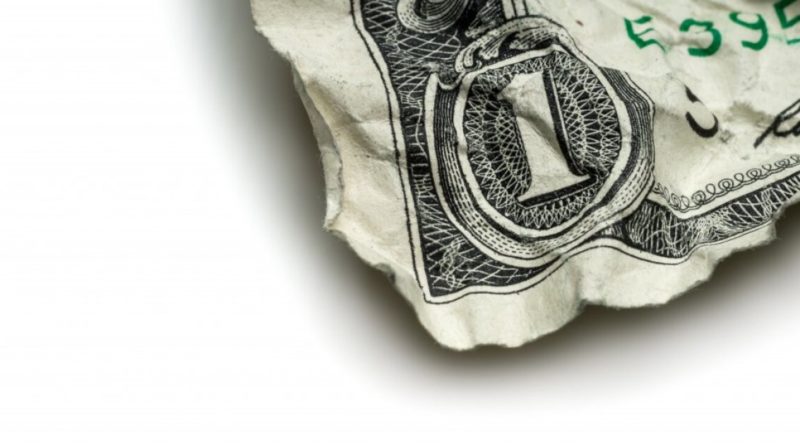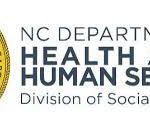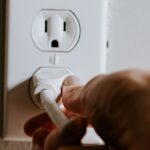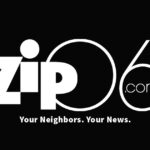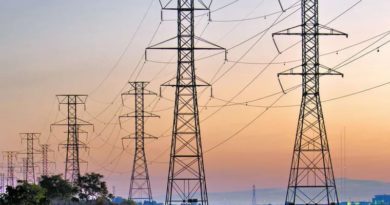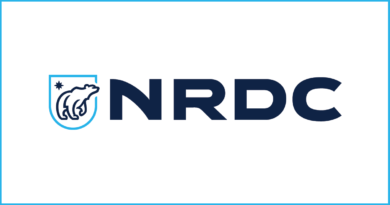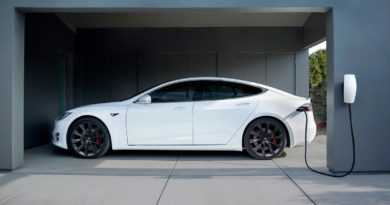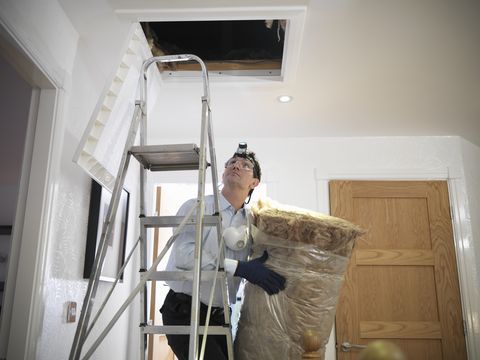N.H. low-income energy efficiency programs to decrease under PUC decision – New Hampshire Public Radio
Energy Disrupter

A decision from the Public Utilities Commission to reject a three-year energy efficiency plan would also impact programs for low-income residents of the state.
This article was first published in New Hampshire Bulletin.
Low-income programs are funded through a mix of federal and state dollars. The state’s contribution comes from the System Benefits Charge, a portion of residents’ monthly electric bills.
Twenty percent of those funds are specifically set aside for low-income programs, like the Home Energy Assistance Program – a weatherization program meant to reduce energy use from electric and fossil-fuel appliances and HVAC systems.
The program is aimed at making homes more comfortable and healthier while also reducing energy poverty – when a household spends more than 10 percent of its income on energy expenses. The budgets for this kind of program will decrease, as the System Benefits Charge part of the budget drops by 30 percent in 2022 and by 50 percent in 2023, compared to current rates.
For example, Liberty Utilities’ low-income program for electric customers would be reduced by 41 percent in 2022 and then another 25 percent in 2023, compared to 2021 levels.
The utilities have a deadline of Dec. 15 to submit a plan to the utilities commission showing how they will fund programs moving forward given the new rates.
New Hampshire Bulletin is part of States Newsroom, a network of news bureaus supported by grants and a coalition of donors as a 501c(3) public charity. New Hampshire Bulletin maintains editorial independence. Contact Editor Dana Wormald for questions: info@newhampshirebulletin.com. Follow New Hampshire Bulletin on Facebook and Twitter.
Original Source: https://www.nhpr.org/nh-news/2021-11-20/nh-low-income-energy-efficiency-puc

